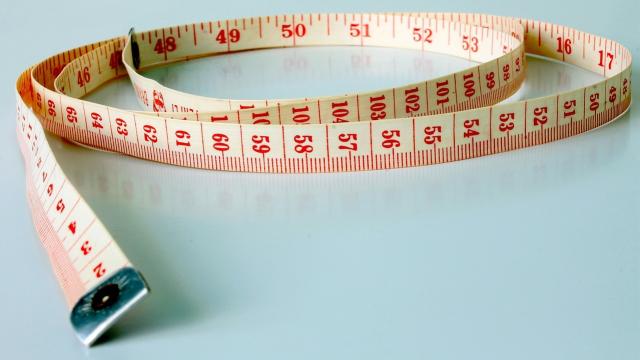Since 2016, at least 12 people have died worldwide soon after receiving a intragastric balloon, a new noninvasive procedure meant to help people lose weight, according to an alert released this week by the US Food and Drug Administration. Seven of the patients were in the US. In response, the FDA has approved new warning labels for two balloon products implicated in the deaths.
Image: Gadhi (Pixabay)
Gastric balloons help people lose weight by temporarily reducing the amount of space available in the stomach by about half. The smaller stomach area makes a person feel fuller sooner, reducing both appetite and the amount of food eaten daily. The most common procedure sends one or several deflated balloons down a person’s throat, after which they’re inflated with saline solution. Another type of procedure uses gas to fill the balloons.
The balloons are only kept in the stomach for six months, to reduce the risk of serious side effects. Patients typically then get six more months of intensive diet and lifestyle counselling to hopefully help maintain the weight loss. It’s estimated that patients lose about 10 per cent of their original weight within the first year.
In 2015, the FDA approved the first two gastric balloon products in the US, the ReShape Integrated Dual Balloon System and the Orbera Intragastric Balloon System, both of which are liquid-filled. In February 2017, through, the agency announced that it had received five reports of people dying within a month of getting a gastric balloon. People also reported complications not seen during the clinical trial process, particularly pancreatitis, or an inflamed pancreas.
The FDA’s latest alert details five new deaths since the last update released in August 2017.
The deaths haven’t been definitively blamed on the balloons, but several are known to have happened only one to three days following the procedure. Most have seemingly involved tears in the oesophagus or stomach that appeared after the balloon or balloons were inserted. All 12 of the deaths have been linked to liquid-filled balloons, and the majority to the Reshape (three deaths) and Orbera balloon system (four deaths).
“The FDA has approved new labelling for these two devices in order to adequately inform doctors and patients about the adverse events,” FDA spokesperson Deborah Kotz told CNN. “We have been working with the companies that manufacture these liquid-filled intragastric balloons to better understand the complications associated with these devices.”
The manufacturers have touted the overall safety profile of their products in response to the new labelling. Reshape, for instance, said in a statement the three deaths associated with its product have occurred out of more than 5000 procedures performed worldwide, adding up to a mortality rate of .06 per cent. Orbera similarly stated that the US mortality rate of its product, even including the three new deaths reported by the FDA, is 0.036 per cent, or less than four deaths per every 10,000 people.
For comparison, laparoscopic gastric bypass, a popular invasive bariatric surgery that permanently re-sculpts the stomach and gut, has a mortality rate that hovers around .22 per cent, according to a 2016 review.
Despite the new warnings, gastric balloons still get the thumbs up from many bariatric experts.
“Clearly this is tragic and we want to know more about the circumstances of these deaths, but overall we believe that the data on the procedure does suggest that it is safe and effective for the vast majority of patients,” Dr Eric DeMaria, president-elect of the American Society for Bariatric and Metabolic Surgery (ASMBS), told CNN. The ASMBS recommended the gastric balloon as a safe and effective treatment for obesity last year.
